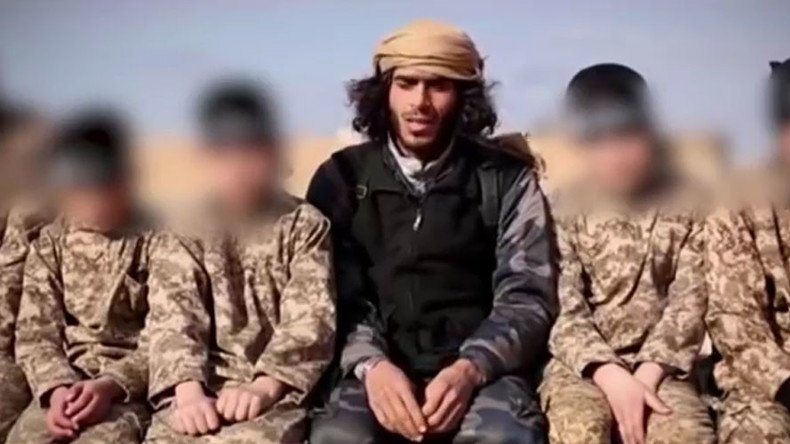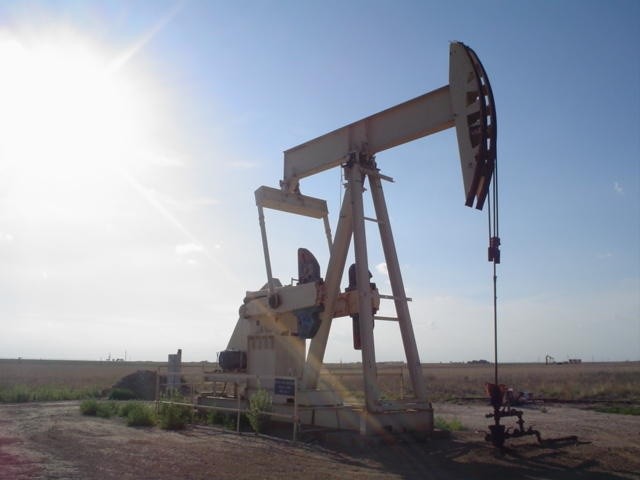Re: Regional geopolitics
ՀՀ-ՌԴ զորքերի միացյալ խմբավորում ստեղծելու համաձայնագիրը նախ և առաջ բխում է ՌԴ-ի շահերից. Լևոն Շիրինյան
14.11.16
Կովկասյան տարածաշրջանում Հայաստանի և Ռուսաստանի զորքերի միացյալ խմբավորում ստեղծելու մասին համաձայնագրի կնքման պատճառը նախ և առաջ Ռուսաստանի անվտանգության առջև ծառացած խնդիրներն են` հատկապես Սիրիայում, Կովկասում և աշխարհի այլ տարածաշրջաններում:
Այս մասին Tert.am-ի հետ զրույցում ասաց քաղաքագետ Լևոն Շիրինյանը։
Հիշեցնենք, որ Ռուսաստանի նախագահ Վլադիմիր Պուտինը ստորագրել է Կովկասյան տարածաշրջանում Հայաստանի և Ռուսաստանի զորքերի միացյալ խմբավորում ստեղծելու մասին համաձայնագիրը:
«Որ մենք առանց ռուսական օժանդակության կարող ենք ապահովել մեր անվտանգությունը, դա բացարձակ սուտ է, չենք կարող նաև 1000 դրամ կամ 1000 ԱՄՆ դոլար դրամահավաքով: Գլխավոր նախապայմանն այն է, որ մենք պետք է լինենք ինքնավար: Ես ժամանակին առաջարկում էի, որ մենք ՀՕՊ համաձայնագրին միանայինք որպես ինքնավար միավոր՝ պայմանագրային հիմքով: Բայց, ինչպես տեսնում ենք, մեր ղեկավարությունը բոլորովին այլ կերպ է պատկերացնում մեր անվտանգությունը, դրա համար էլ մեկ-մեկ ռուսերեն է խոսում»,- հավելեց Շիրինյանը:
Խոսելով Հայաստանի Ռուսաստանից կախվածության թուլացման մասին՝ Շիրինյանն ընդգծեց, որ անհրաժեշտ է ԱԺ-ում կազմակերպել «անկախության գործընթաց», որը ոչ թե ենթադրում է թշնամանք Ռուսաստանի հետ, այլ մերձեցման թուլացում:
Շիրինյանն ուշադրություն հրավիրեց նաև ԱՄՆ-ում ծավալվող զարգացումների վրա: Նրա խոսքով՝ պետք է հետևել նորընտիր ԱՄՆ նախագահ Դոնալդ Թրամփի գործողություններին և դրանցում գտնել այնպիսի ճեղքեր, որոնք թույլ կտան Հայաստանին Ռուսաստանից որոշակի հեռավորության վրա քաղաքականության վարել:
«Թրամփը, եթե շարունակի վարել մեկուսացման քաղաքականությունը, ուրեմն կարող ենք Կովկասն ու Ուկրաինան հանձնել Ռուսաստանին: Իմ կարծիքով՝ հանրապետականները ԱՄՆ-ում հավատարիմ կմնան այդ քաղաքականությանը»,- հավելեց քաղաքագետը:
Արթուր Հովհաննիսյան
ՀՀ-ՌԴ զորքերի միացյալ խմբավորում ստեղծելու համաձայնագիրը նախ և առաջ բխում է ՌԴ-ի շահերից. Լևոն Շիրինյան
14.11.16
Կովկասյան տարածաշրջանում Հայաստանի և Ռուսաստանի զորքերի միացյալ խմբավորում ստեղծելու մասին համաձայնագրի կնքման պատճառը նախ և առաջ Ռուսաստանի անվտանգության առջև ծառացած խնդիրներն են` հատկապես Սիրիայում, Կովկասում և աշխարհի այլ տարածաշրջաններում:
Այս մասին Tert.am-ի հետ զրույցում ասաց քաղաքագետ Լևոն Շիրինյանը։
Հիշեցնենք, որ Ռուսաստանի նախագահ Վլադիմիր Պուտինը ստորագրել է Կովկասյան տարածաշրջանում Հայաստանի և Ռուսաստանի զորքերի միացյալ խմբավորում ստեղծելու մասին համաձայնագիրը:
«Որ մենք առանց ռուսական օժանդակության կարող ենք ապահովել մեր անվտանգությունը, դա բացարձակ սուտ է, չենք կարող նաև 1000 դրամ կամ 1000 ԱՄՆ դոլար դրամահավաքով: Գլխավոր նախապայմանն այն է, որ մենք պետք է լինենք ինքնավար: Ես ժամանակին առաջարկում էի, որ մենք ՀՕՊ համաձայնագրին միանայինք որպես ինքնավար միավոր՝ պայմանագրային հիմքով: Բայց, ինչպես տեսնում ենք, մեր ղեկավարությունը բոլորովին այլ կերպ է պատկերացնում մեր անվտանգությունը, դրա համար էլ մեկ-մեկ ռուսերեն է խոսում»,- հավելեց Շիրինյանը:
Խոսելով Հայաստանի Ռուսաստանից կախվածության թուլացման մասին՝ Շիրինյանն ընդգծեց, որ անհրաժեշտ է ԱԺ-ում կազմակերպել «անկախության գործընթաց», որը ոչ թե ենթադրում է թշնամանք Ռուսաստանի հետ, այլ մերձեցման թուլացում:
Շիրինյանն ուշադրություն հրավիրեց նաև ԱՄՆ-ում ծավալվող զարգացումների վրա: Նրա խոսքով՝ պետք է հետևել նորընտիր ԱՄՆ նախագահ Դոնալդ Թրամփի գործողություններին և դրանցում գտնել այնպիսի ճեղքեր, որոնք թույլ կտան Հայաստանին Ռուսաստանից որոշակի հեռավորության վրա քաղաքականության վարել:
«Թրամփը, եթե շարունակի վարել մեկուսացման քաղաքականությունը, ուրեմն կարող ենք Կովկասն ու Ուկրաինան հանձնել Ռուսաստանին: Իմ կարծիքով՝ հանրապետականները ԱՄՆ-ում հավատարիմ կմնան այդ քաղաքականությանը»,- հավելեց քաղաքագետը:
Արթուր Հովհաննիսյան








 azeri future. Most likely oil prices will be in the $30s per barrel forever. Remember the apes need around $70 per barrel to survive.
azeri future. Most likely oil prices will be in the $30s per barrel forever. Remember the apes need around $70 per barrel to survive.
Comment